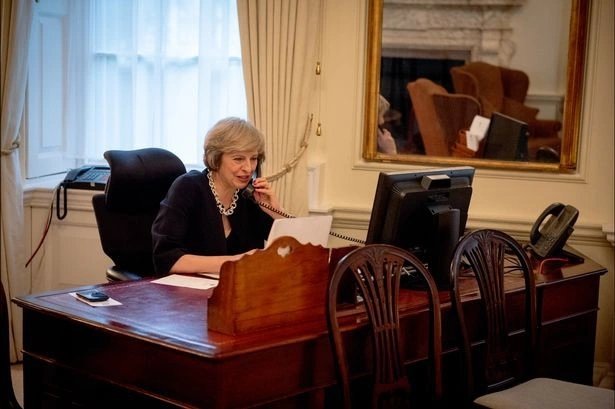
The large scale of the National Security Law that China imposed on Hong Kong has surprised many businesses.
Tamer Soliman – Research Director of Sanctions and Export Control Practices at law firm Mayer Brown said banks are worried about being trapped in a political war.
HSBC and Standard Chartered buildings in Hong Kong.
The national security law will help China tighten control over Hong Kong.
Banks such as Citigroup, Goldman Sachs Group and JPMorgan Chase & Co seem to be walking on a tightrope, while operating in Hong Kong and having ambitious plans in the Chinese market this year.
Bloomberg quoted a source close to the matter saying that banks and their lawyers from Hong Kong to Washington are studying regulations to find ways to avoid major consequences.
Banks with a large presence in Hong Kong, such as Citigroup or HSBC, may be exposed to more risk, especially with large transactions conducted through branches here.
Banks are therefore reviewing customer lists to assess those at risk of US sanctions, and reviewing contracts to ensure there are provisions that allow them to terminate customers without penalty.
The US sanctions bill has been passed in the Senate and House of Representatives, and is currently awaiting US President Donald Trump’s signature.
However, according to bank leaders, the initial impact may be limited to senior Chinese officials, because the US cannot take steps to seriously disrupt trade or the global economy.
If the US bill is passed, the US State Department will have 90 days to submit a report on which individuals or companies will be punished.
“The current situation is reflecting a general trend, of the potential for legal conflicts between US sanctions and Chinese counter-punishments,” Soliman said, “It puts companies in a position to take both the US and China seriously.”








